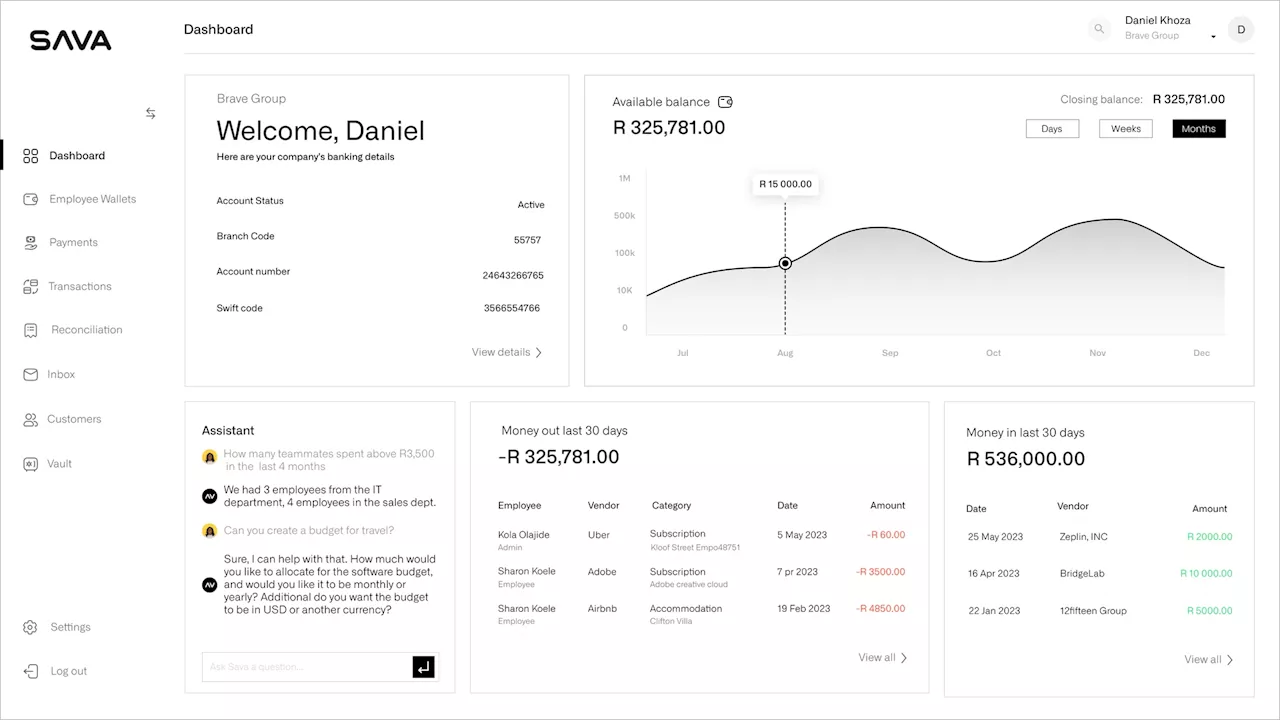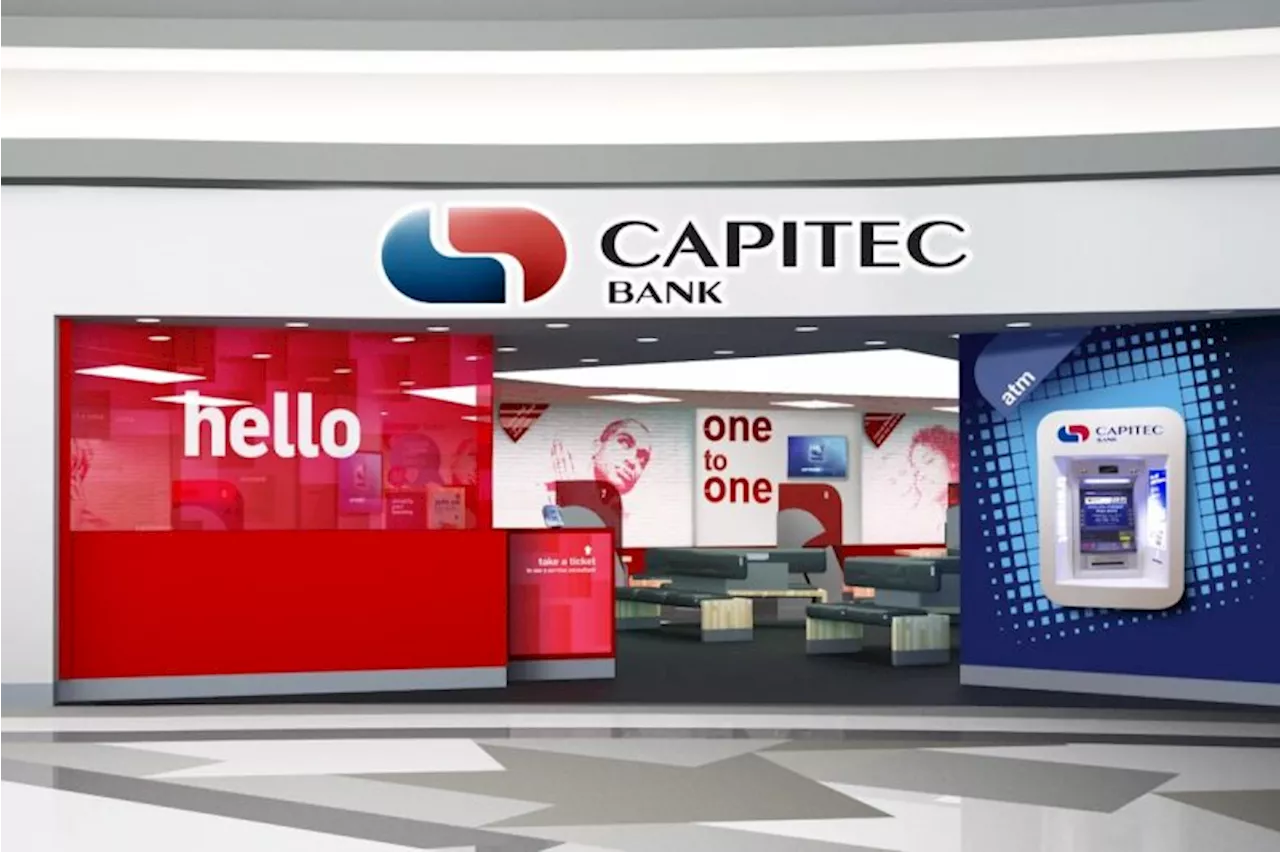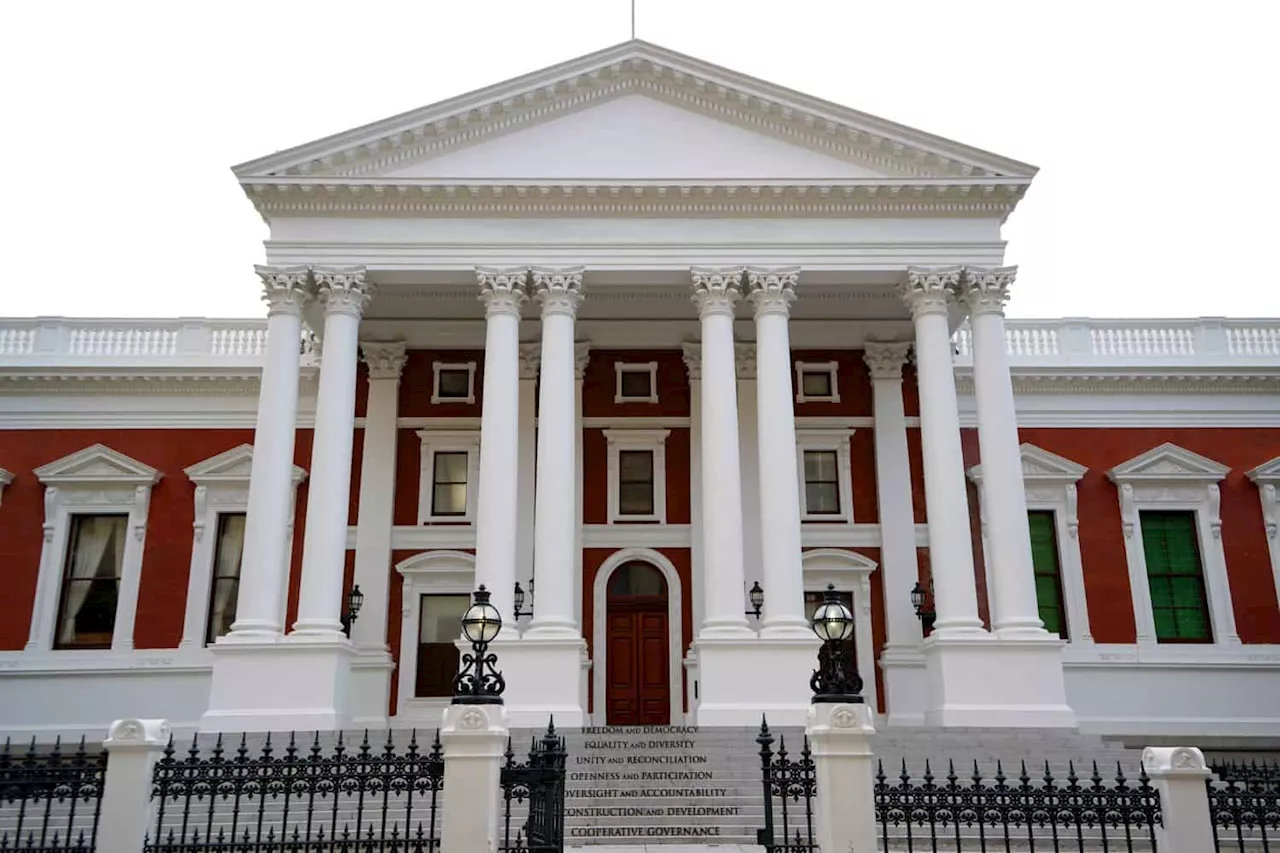South African banking regulators faced a grilling from lawmakers on Tuesday regarding their efforts to transform the sector, combat discrimination, and address concerns about bank account closures.
South Africa's banking regulators faced intense scrutiny from a parliamentary portfolio committee on Tuesday, primarily concerning issues of transformation, discriminatory practices, and the closure of bank accounts.
The joint meeting, comprised of the portfolio committee on trade, industry, and competition and the standing committee on finance (SCOF), brought together regulators from the South African Reserve Bank (Sarb), Prudential Authority, Financial Sector Conduct Authority (FSCA), and the Banking Association of South Africa (BASA). The committees initiated this meeting to address pressing concerns within the banking sector, emphasizing that transformation is not merely an option but a constitutional imperative. \Representatives from all major banking institutions affirmed that transformation efforts were underway within the sector. However, committee chairperson Mzwandile Masina expressed skepticism, questioning why major banks still held ownership stakes in African Bank and highlighting the lack of diversity in bank ownership, which he noted remained predominantly white and male. Masina challenged the Reserve Bank's approach to transformation, suggesting that it was being treated as a mere formality. He argued that despite the Reserve Bank's reputation as Africa's leading banking institution, it had failed to achieve genuine transformation. \Committee members raised concerns about various issues, including the lack of impactful legislation concerning consumer protection, South Africa's greylisting status, and the banks' reluctance to provide transparent explanations for account closures. Brian Molefe, a committee member, pointed out the persistent practice of discrimination within the banking sector, lamenting the existence of two distinct economies in South Africa: one marginalized and black, the other privileged and white. He questioned the banks' investment in the black economy relative to the investments deposited by primarily white clients. Bongi Kunene, representing BASA, refuted claims of racism within BASA member banks, stating that regulations explicitly prohibit discriminatory behavior and that the account closure process is clearly defined. She emphasized the availability of financial ombud intervention for clients who disagree with account closures, urging greater financial education among the public.
BANKING SOUTH AFRICA TRANSFORMATION DISCRIMINATION ACCOUNT CLOSURES REGULATORS PARLIAMENT
South Africa Latest News, South Africa Headlines
Similar News:You can also read news stories similar to this one that we have collected from other news sources.
 Sava Receives Regulatory Approval to Launch Digital Banking Platform for South African SMEsThe South African Reserve Bank (SARB) has granted regulatory approval to Sava to launch a digital banking platform designed specifically for local small and medium-sized enterprises (SMEs). The platform aims to empower SMEs by providing them with full control over their financial operations and unlocking new growth opportunities.
Sava Receives Regulatory Approval to Launch Digital Banking Platform for South African SMEsThe South African Reserve Bank (SARB) has granted regulatory approval to Sava to launch a digital banking platform designed specifically for local small and medium-sized enterprises (SMEs). The platform aims to empower SMEs by providing them with full control over their financial operations and unlocking new growth opportunities.
Read more »
 Rwanda Denounces South Africa Over DRC ConflictRwandan President Paul Kagame has refuted South Africa's portrayal of events in the Democratic Republic of Congo (DRC), accusing the South African government of supporting armed groups and hindering peace efforts. Kagame condemned the South African National Defence Force's (SANDF) involvement in the conflict, claiming it was aiding the Democratic Forces for the Liberation of Rwanda (DFLR) and exacerbating tensions in the region. He disputed South African claims that the Rwandan Defence Force (RDF) and M23 rebels attacked the SANDF, asserting that the Democratic Forces for the Liberation of Rwanda (DFLR) were responsible for the deaths of 13 South African soldiers.
Rwanda Denounces South Africa Over DRC ConflictRwandan President Paul Kagame has refuted South Africa's portrayal of events in the Democratic Republic of Congo (DRC), accusing the South African government of supporting armed groups and hindering peace efforts. Kagame condemned the South African National Defence Force's (SANDF) involvement in the conflict, claiming it was aiding the Democratic Forces for the Liberation of Rwanda (DFLR) and exacerbating tensions in the region. He disputed South African claims that the Rwandan Defence Force (RDF) and M23 rebels attacked the SANDF, asserting that the Democratic Forces for the Liberation of Rwanda (DFLR) were responsible for the deaths of 13 South African soldiers.
Read more »
 Banking MVNOs Surge in South Africa, Outpacing Traditional Mobile OperatorsTelecommunications products, particularly Mobile Virtual Network Operators (MVNOs) run by South African banks, are experiencing a surge in popularity, according to a new report. DataEQ's South African Banking Sentiment Index for 2024, based on over three million social media posts, reveals that these products enjoy the highest net sentiment among all banking offerings. The report attributes this success to positive customer responses to mobile data and bundle options, as well as social media campaigns that drive engagement and positivity. Capitec Connect, the country's leading banking MVNO, has seen its subscriber base grow significantly, surpassing FNB Connect in customer numbers. This growth reflects a broader trend in the South African MVNO market, which is projected to reach between 11 million and 12 million subscribers by 2029.
Banking MVNOs Surge in South Africa, Outpacing Traditional Mobile OperatorsTelecommunications products, particularly Mobile Virtual Network Operators (MVNOs) run by South African banks, are experiencing a surge in popularity, according to a new report. DataEQ's South African Banking Sentiment Index for 2024, based on over three million social media posts, reveals that these products enjoy the highest net sentiment among all banking offerings. The report attributes this success to positive customer responses to mobile data and bundle options, as well as social media campaigns that drive engagement and positivity. Capitec Connect, the country's leading banking MVNO, has seen its subscriber base grow significantly, surpassing FNB Connect in customer numbers. This growth reflects a broader trend in the South African MVNO market, which is projected to reach between 11 million and 12 million subscribers by 2029.
Read more »
 Parliament Committee to Continue Investigating SARU and SAFA FinancesSouth Africa's Parliament sport, arts and culture committee vows to continue investigating the financial practices and management of the South African Rugby Union (SARU) and the South African Football Association (SAFA).
Parliament Committee to Continue Investigating SARU and SAFA FinancesSouth Africa's Parliament sport, arts and culture committee vows to continue investigating the financial practices and management of the South African Rugby Union (SARU) and the South African Football Association (SAFA).
Read more »
 South Africa's Banking Revolution: Generative AI at the ForefrontThe global banking industry is undergoing a significant transformation driven by technology and evolving consumer demands. South Africa, with its strong financial sector and growing tech infrastructure, is poised to lead this revolution through the implementation of generative AI (Gen AI). Gen AI is not just an automation tool but a catalyst for growth, innovation, and operational excellence. This article explores how Gen AI is reshaping South African banking, from personalized customer experiences to streamlined operations and enhanced decision-making.
South Africa's Banking Revolution: Generative AI at the ForefrontThe global banking industry is undergoing a significant transformation driven by technology and evolving consumer demands. South Africa, with its strong financial sector and growing tech infrastructure, is poised to lead this revolution through the implementation of generative AI (Gen AI). Gen AI is not just an automation tool but a catalyst for growth, innovation, and operational excellence. This article explores how Gen AI is reshaping South African banking, from personalized customer experiences to streamlined operations and enhanced decision-making.
Read more »
 South Africa's Banking Revolution: How GenAI is Transforming the IndustryThis article explores the transformative impact of generative AI (GenAI) on the South African banking landscape. It highlights how GenAI is revolutionizing customer interactions, streamlining operations, and enhancing decision-making processes, ultimately driving growth and innovation in the sector.
South Africa's Banking Revolution: How GenAI is Transforming the IndustryThis article explores the transformative impact of generative AI (GenAI) on the South African banking landscape. It highlights how GenAI is revolutionizing customer interactions, streamlining operations, and enhancing decision-making processes, ultimately driving growth and innovation in the sector.
Read more »
